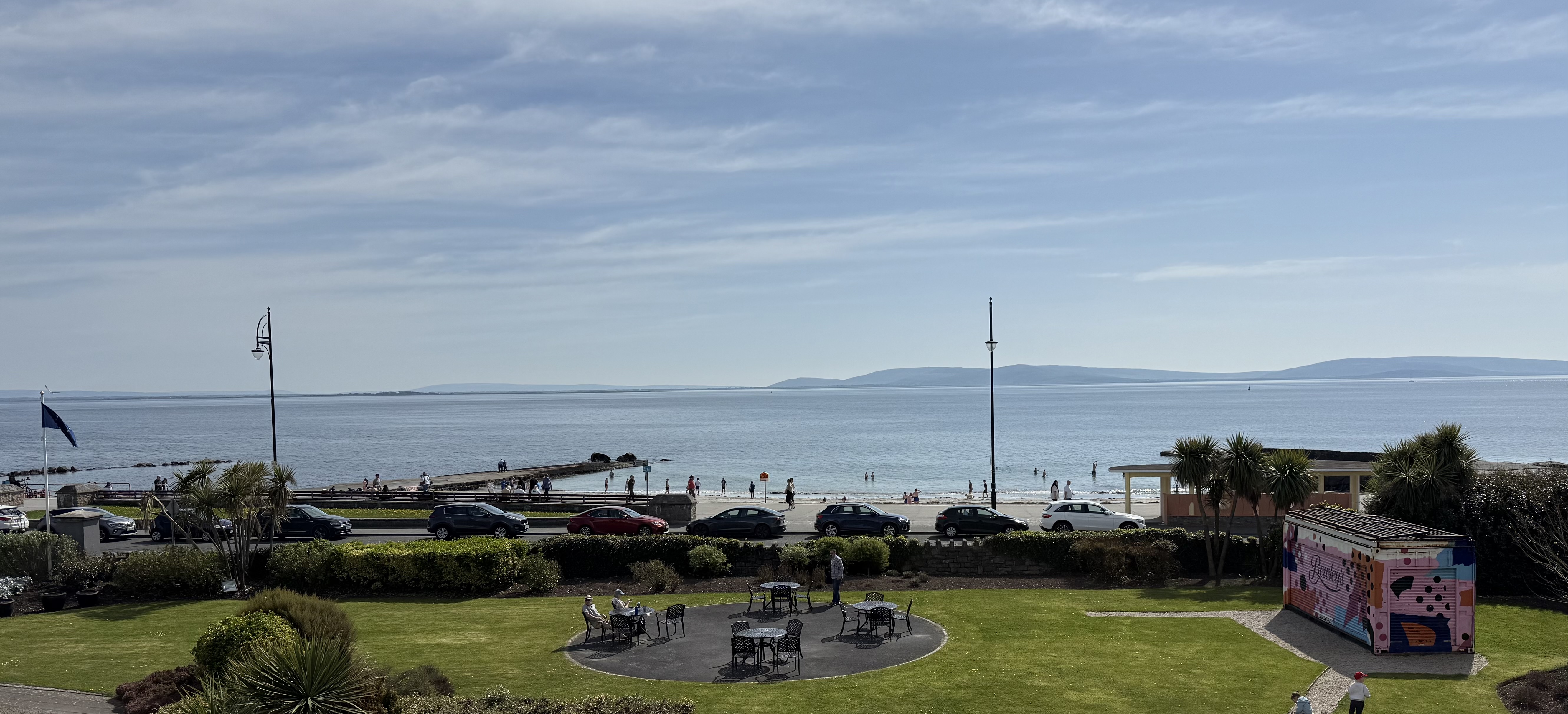A Troubling Demographic Legacy for Scotland’s Sparsely Populated Areas
Rural depopulation is a topic which seems to have slipped down the policy agenda in Scotland in recent years. The popular narrative about the Highlands and Islands has become more positive – highlighting the growth of Inverness and its immediate hinterland, opportunities for renewable energy, or tourism and leisure based on the region’s rich natural environment.
